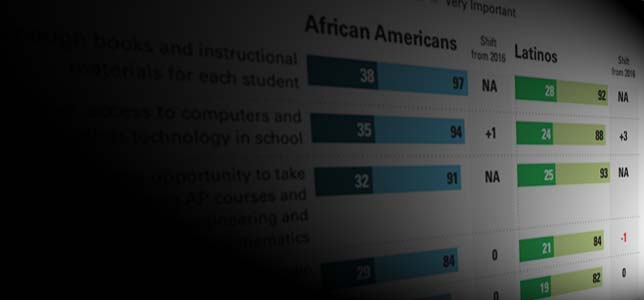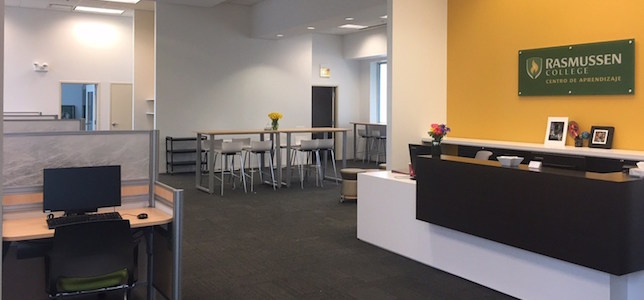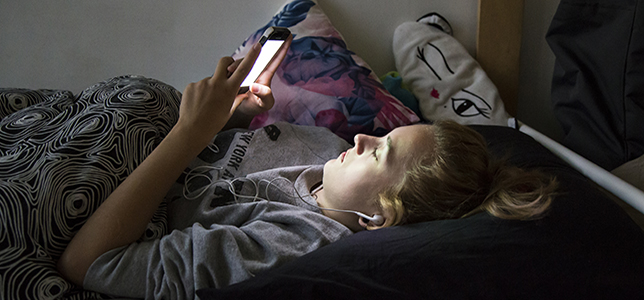
The Connect America Fund Phase II auction (otherwise known as "Auction 903") will award up to $198 million annually for 10 years to service providers that commit to offer deliver 10 Mbps-caliber voice and broadband services to fixed locations in unserved high-cost areas.

The latest upgrade to the Arkansas Public School Computer Network means that all of the education organizations in the state now have access to 200 Kbps per student, most connected by fiber.

Nearly three-quarters of African American parents and families (74 percent) believe that the education black children get isn't as good as the one that white students get. The results came out of this year's "New Education Majority Poll," a survey run by the Leadership Conference Education Fund.
An organization that works with school people in California to help them "infuse" technology into learning, has come out — fists swinging — to fight what it perceives as a move to limit students' access to the internet.

A new tool developed by two security companies that scans the internet for command and control (C2) servers has already uncovered thousands of malicious RATs, or remote access trojans, on computers and other internet-connected devices.

Thirty-five school districts in New York (in Westchester, Rockland and Putnam counties) are adopting a state-backed model of technology supported services.

A new, technology-infused learning center from Rasmussen College will offer broadband connectivity, computer workstations and academic coaching to high school students at Chicago Public Schools, college students and local community members.

Texas school districts worked with networking solutions provider D-Link to prepare a technology plan and upgrade their networks to support digital learning initiatives long-term — while maintaining their budget.

Eighth-grader Lakaysha Governor spends two hours on the bus getting back and forth to school each day. Thanks to a grant from Google, she can now use that time more productively and get her homework done.

Millennials are more likely to ditch broadband and just use their smartphones at home, while older generations prefer a broadband connection, according to a new survey from ReportLinker Insights.